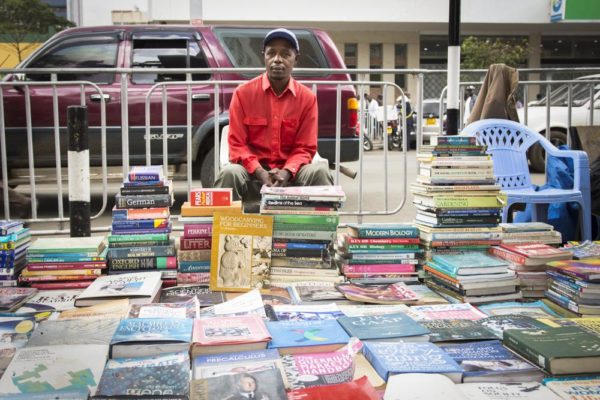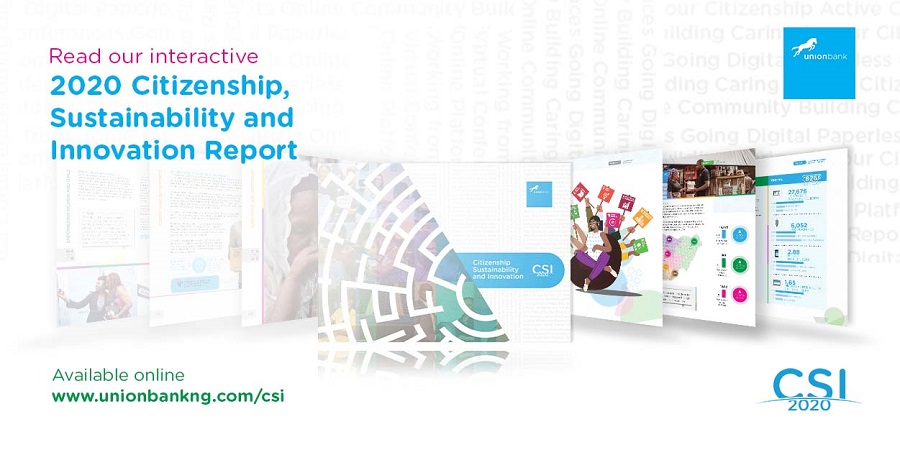Wakanda. That could be us, but we aren’t a Circular Economy.
A few weeks ago there was a huge fire at the Olusosun landfill in Lagos. The fire raged on for days, starting off as thick black smoke before eventually petering out over the course of a few days. There are many ways this article can deviate into explaining why the fire happened, what could have been done to prevent it, the dangers this posed to human, animal and plant life, sub-effects of pollution on the environment, etc. but this article isn’t about that.
What truly bugs the conscience is, did Olusosun need to get that far? According to radio reports/ expert analysis, e-waste forms a huge part of the waste disposed at this particular dumpsite. As you know, when set alight, e-waste often releases thick black corrosive smoke that can have extremely negative health side effects not to speak of greenhouse gas emissions. What are we even doing burning such waste in a dump site right in the middle of a mega-city? How do we prevent this from ever happening again?
Two simple words. Circular Economy.
The World Economic Forum defines this concept in very simple terms. A circular economy aims to design out waste. Basically from a take-make-use-dispose model to a re-use-recycle-re-use-recycle-re-use-recycle model. This could go on forever.
A circular economy is a concept that has been increasingly gaining ground in global conversations over the past few years. A few cities and companies have already started executing this concept. A few examples:
- American coffee chain Starbucks turns thousands of tons of its waste coffee grounds and food into everyday products by using bacteria to generate succinic acid, which can then be used in a range of products from detergents to bio-plastics and medicines
- Restaurants in Helsinki sell leftover foods to their neighbours at reduced prices and during “Cleaning Day” residents sell or donate the goods they have no use for to other residents
Nigeria is supremely positioned to take advantage of this concept. In many ways, Nigeria traditionally practices circularity. Have you seen the makeshift canoes on the Lagos lagoon? See how the boat sails are made out of polythene bags? What about the boats made entirely of used soda bottles? Yup. Finally, we are all familiar with the fast-moving electronic goods coming out of the Ikeja (Computer Village) and Alaba markets, both centers specialising in the re-pair/recycle of used electronics and vehicles and shipping them out to be re-sold.
Dear reader, you guessed it, we are already a circular economy.
According to Accenture, shifting to circularity could release $4.5 trillion into the global economy. What’s that you say? Show me the money! Not so fast.
Key things need to be in place in Nigeria:
- National regulation to enforce standards and guidelines
- Capital to invest in circular principles. What types of investment and insurance instruments are necessary to account for longer term risk and reward?
Now imagine if Nigeria operated a structured circular economy system. Olusosun would never have happened. Why? Because this landfill wouldn’t have existed in the first place. With waste generated being re-used and essentially diverted from landfills, the city is allowed to grow and take advantage of land for other use. With less pollution from waste disposal, more land for everyday human use, better environments, we slowly become a more ideal state.
Lolade Awogbade is a sustainability professional that works in finance

















